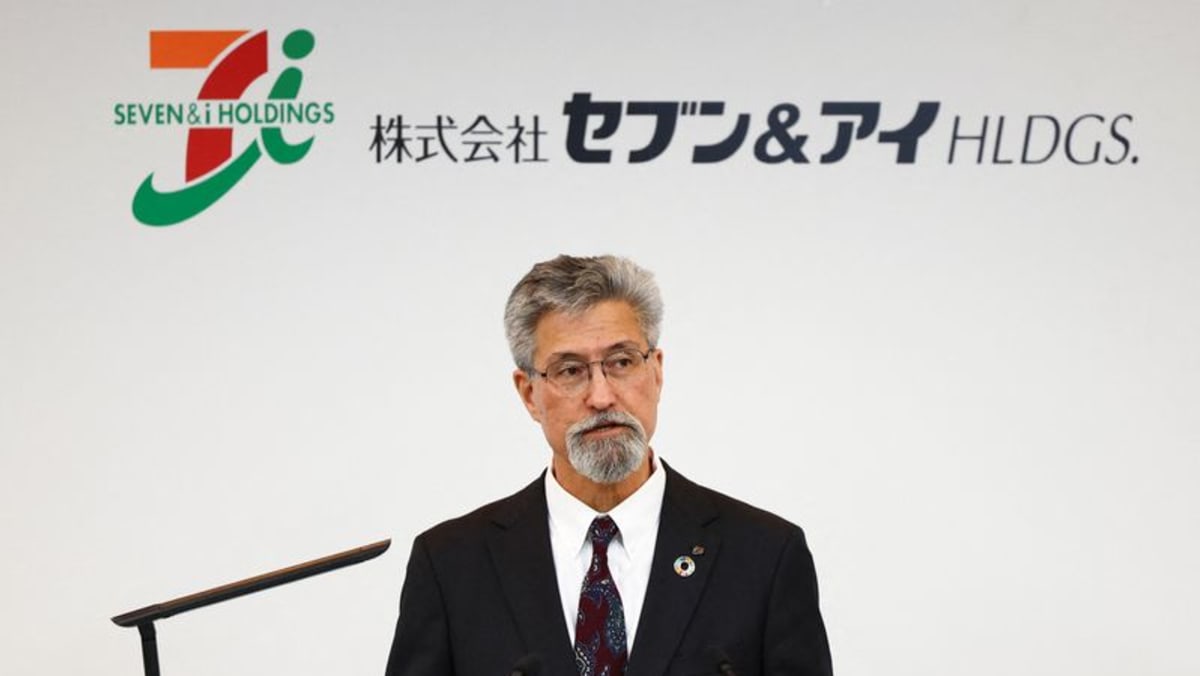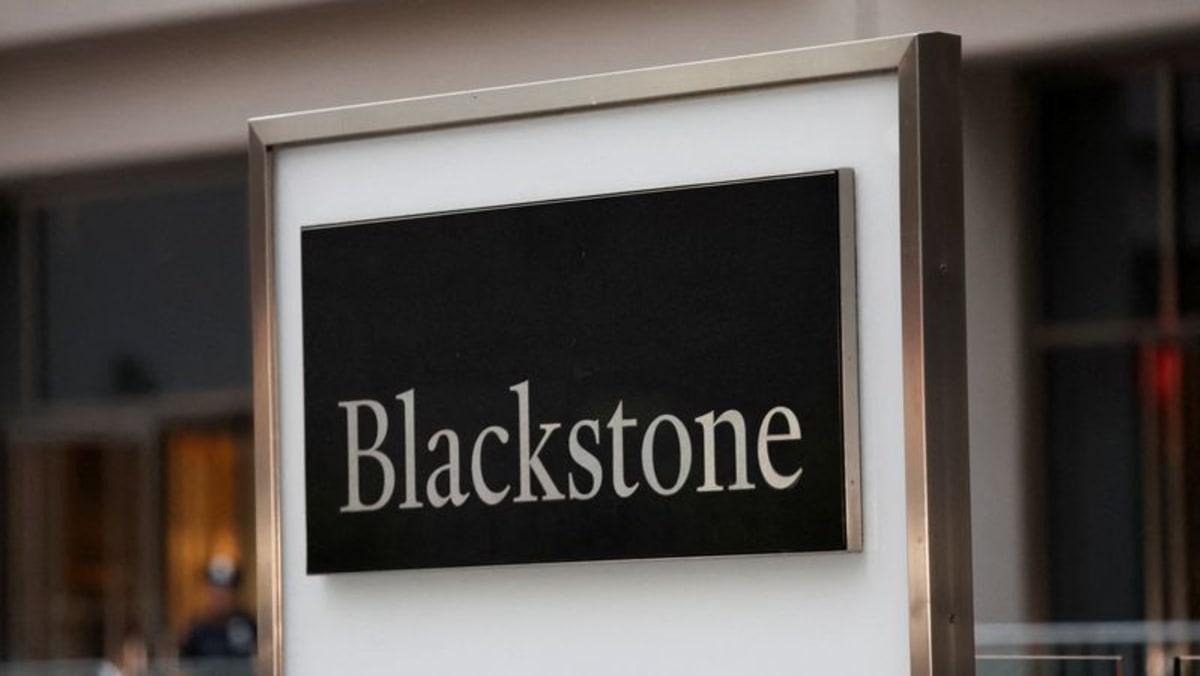TOKYO :A lacklustre auction for Japan’s longest-dated bonds on Wednesday did little to relieve sovereign debt markets where fiscal deficit concerns have driven a worrying surge in long-term yields.
Heavily indebted Japan’s government bonds have become the “canary in the global duration coalmine,” Goldman Sachs analysts wrote last week after a very poor sale of 20-year bonds.
The Ministry of Finance sold about 500 billion yen ($3.46 billion) of 40-year bonds with a bid-to-cover ratio of 2.21, the lowest since a sale in July last year and well below the historical average of 3, signifying tepid demand.
The poor results come a week after Japan’s 40-year yields touched a record high 3.675 per cent, along with an all-time high for 30-year paper and a multi-decade peak for 20-year debt.
On Tuesday, bonds rallied after the Ministry of Finance was said to have circulated a survey among major bond buyers and accelerated gains after Reuters reported the ministry is considering reductions to its sales of super-long bonds.
The swift recovery in JGBs in the previous session may have damped demand at the 40-year auction, said Shoki Omori, chief desk strategist at Mizuho Securities. He added that sovereigns like the United States and Japan will likely face ever steeper borrowing costs.
“Even if many countries cut the issuance, there is going to be pressure for long-end yields to go higher, so that’s a scary one,” Omori said.
JGB yields ticked higher and the yen erased losses after the auction on Wednesday. Thirty-year yields were affected the most, up 10 basis points on the day at 2.93 per cent, while 40-year yields rose 5 basis points to 3.335 per cent.
Long-dated debt has sold off globally in recent weeks on concerns tax cuts and a chaotic roll-out of sweeping tariffs by U.S. President Donald Trump will stoke inflation and impel governments to spend more. That has driven up the term premium – the extra yield offered to buyers in exchange for locking up their money in longer-dated securities.
Moody’s on May 17 became the last major rating agency to strip the United States of its top grade because of growing debt, which stands at about 124 per cent of GDP.
But the situation is more precarious in Japan where the debt ratio is double that and the central bank has slashed its bond buying to support the economy. The Bank of Japan still holds more than half of all outstanding JGBs, a holdover of decades of monetary stimulus.
Finance Minister Katsunobu Kato warned on Tuesday that higher rates could further imperil Japan’s finances and pledged “appropriate” management of its debt.
A reduction in issuance of 20-, 30- or 40-year JGBs would be counterbalanced by increased sales of shorter-dated debt, sources told Reuters, meaning overall issuance for the fiscal year would remain at 172.3 trillion yen. BOJ Governor Kazuo Ueda said in parliament on Wednesday that large swings in super-long JGB yields could affect yields on shorter-term paper.
The weak auction and subsequent market reaction add to pressure on the MOF to scale back super-long debt sales and also for the BOJ to step in if necessary, said Frances Cheung, head of currency and rates strategy at OCBC.
“Our base-case is for BOJ to stick with its plan to reduce JGB purchases on the previously determined step-down schedule,” Cheung said. “But should long-end yields increase more rapidly, some shifts in allocation of reductions by remaining maturity cannot be ruled out.”
A change in issuance plans by the MOF would be positive for super-long bonds, but now attention turns to how much it will scale things back, said Shinichiro Kadota, head of Japan FX and rates strategy at Barclays Securities Japan.
“A smaller-than-expected reduction could be a cue for a sell-off,” Kadota said.
The MOF may look to pre-COVID levels of super-long supply, which would be about 3 trillion yen less than current levels, Societe Generale analysts said in a note.
The trigger for last week’s sell-offs in JGBs was an auction of 20-year debt that saw the tail – the difference between the lowest and average accepted prices – reach its widest since 1987, signalling weak demand. The next test for the super-long segment will be a 30-year bond auction next week.
JGBs are supported by the fact that about 90 per cent of the securities are held domestically and recent concerns about long-term yields are likely overblown, said Masahiko Loo, senior fixed income strategist at State Street Global Advisors.
“We maintain our long-standing view that the challenges in the JGB market are technical rather than structural,” Loo said. “The ‘don’t fight the BOJ/MOF’ mantra remains a powerful anchor.”
($1 = 144.5700 yen)














